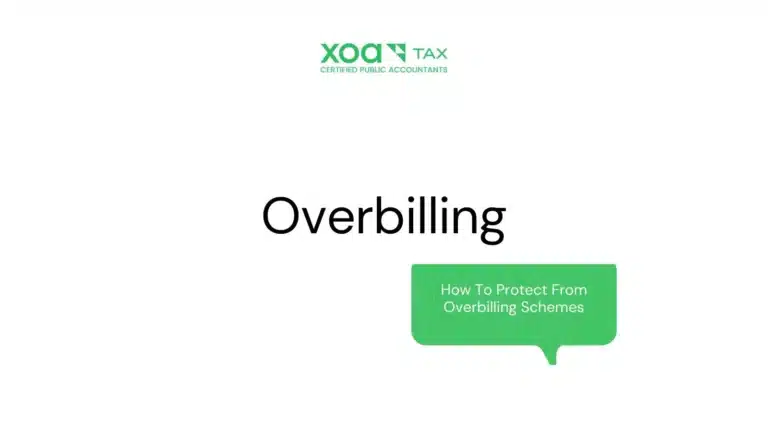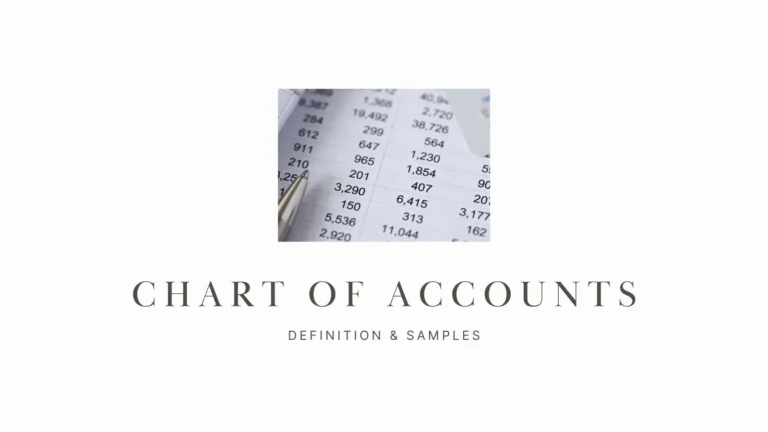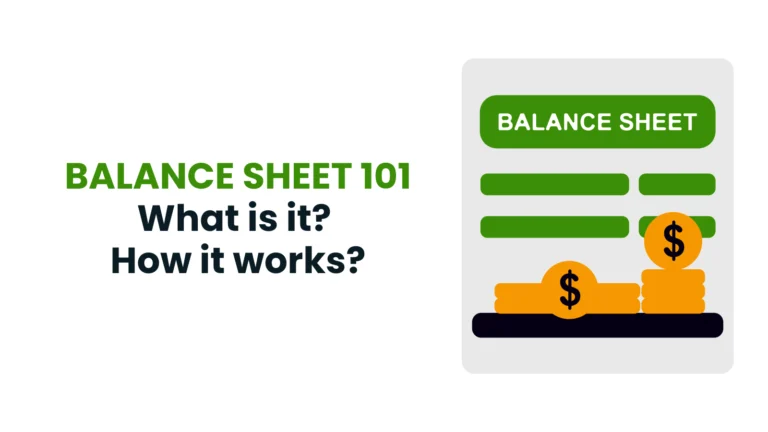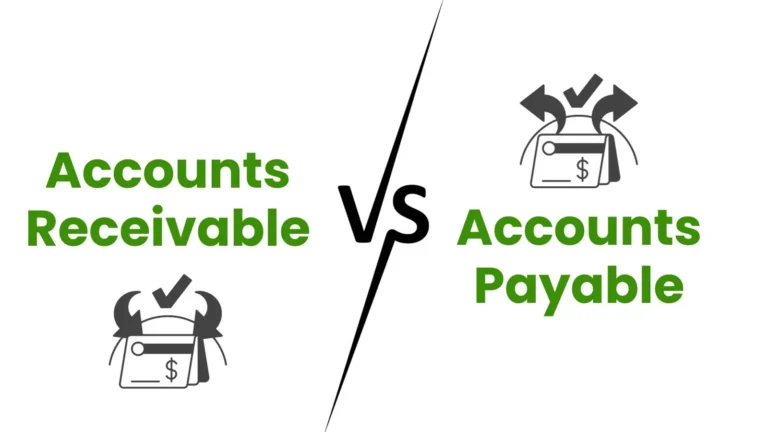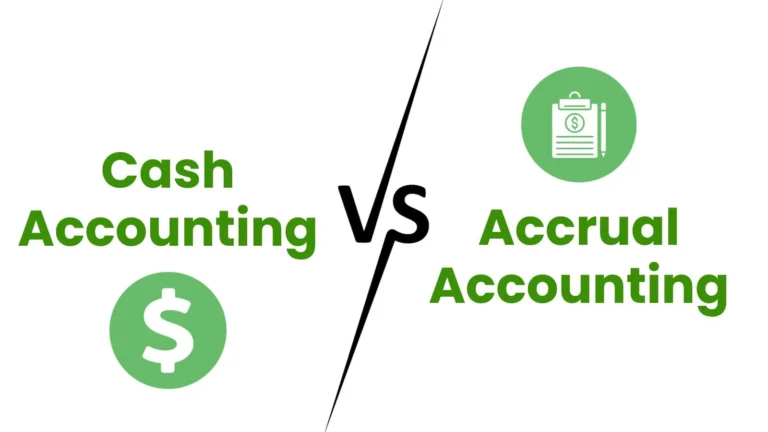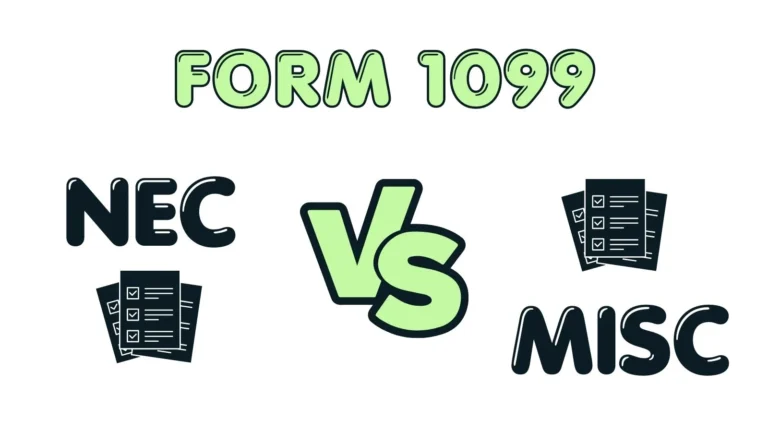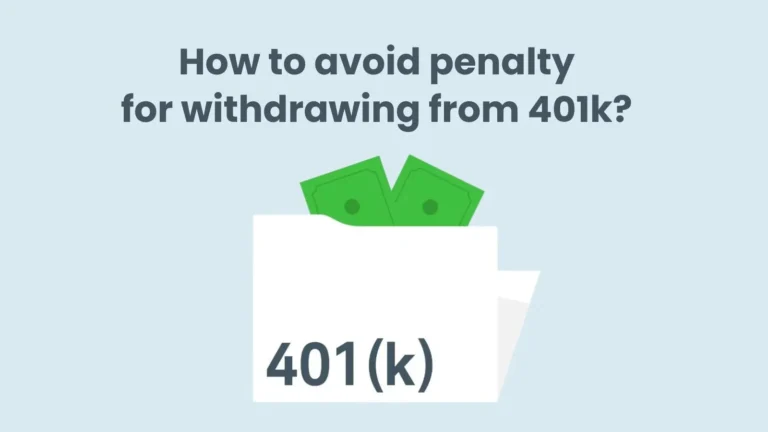The Additional Medicare Tax is an extra tax levied on high-income individuals in addition to the standard Medicare tax. It’s essential to grasp the key aspects of this tax, including thresholds, filing requirements, and its purpose. Let’s explore the details.
Key takeaways:
- Additional Medicare Tax is an extra tax, amounting to 0.9% of earned income above a specific threshold, imposed on high-income individuals in addition to the standard Medicare tax.
- If your income exceeds the applicable thresholds, you must report and pay the Additional Medicare Tax using Form 8959.
- If you work for different employers and neither of them withholds the tax but your combined income exceeds the threshold, consider estimated tax payments or extra withholding using Form W-4.
- There are no distinct rules for nonresident aliens and U.S. citizens abroad; the Additional Medicare Tax may still apply if income exceeds thresholds.
What is the Additional Medicare Tax?
Medicare is a federal health insurance program consisting of three parts (A, B, and D). Most people don’t pay for Medicare Part A (hospital insurance) because it’s funded by taxpayer contributions to the Social Security Administration. Employees pay 1.45% of their earnings, employers pay another 1.45%, and self-employed individuals pay the full 2.9% on their own. Income up to a threshold amount is subject to the “regular” Medicare tax.
Under the Affordable Care Act, taxpayers who earn above a set income level (depending on filing status) pay 0.9% more into Medicare on top of the regular contribution. This extra tax is called the Additional Medicare Tax.
What is the Income Thresholds subject to Additional Medicare Tax?
The income thresholds for the AMT vary based on the taxpayer’s filing status:
- Single Filer: $200,000
- Married Filing Jointly: $250,000
- Married Filing Separate: $125,000
- Head of household (with qualifying person): $200,000
- Qualifying widow(er) with dependent child: $200,000
Which form is used to file Additional Medicare Tax?
Individuals who owe Additional Medicare Tax must report it on Form 8959. This includes those whose wages, compensation, or self-employment income exceeds the applicable thresholds mentioned above.
Examples of Additional Medicare Tax
Scenario 1:
Imagine you have an income of $225,000 and you file taxes jointly with your spouse, who earns $10,000. Together, your combined income is $235,000. This amount is below the $250,000 threshold for joint filers, so you won’t be subject to the Additional Medicare Tax. However, since your individual income exceeds $200,000, your employer will deduct the Additional Medicare Tax from your salary. If you end up not owing this tax, any excess amount deducted will be credited when you file your income tax return.
If your earnings are $200,000 or below, your employer won’t make any deductions for the Additional Medicare Tax. This remains true even if you might be liable for it based on other factors.
Scenario 2:
Consider that you earn $150,000 and file taxes jointly with your spouse, who also brings in $150,000. Together, you have a total income of $300,000. This combined amount surpasses the $250,000 threshold for joint filers, making you liable for the 0.9% Additional Medicare Tax. However, since both of you earn less than the $200,000 individual threshold, neither employer will make deductions for this tax. In this case, it’s wise to make estimated tax payments or ask for extra withholding using Form W-4.
What does the Additional Medicare Tax pay for?
The Additional Medicare Tax is a U.S. federal tax that pays for the Medicare program, specifically contributing to the funding of Medicare Part A. Medicare Part A primarily covers inpatient hospital care, skilled nursing facility care, hospice care, and some home health care services. The tax is imposed on high-income individuals as an additional source of revenue to support the financial stability of Medicare Part A. It helps ensure that the program has the necessary funding to provide these critical healthcare services to eligible beneficiaries, particularly in light of the challenges associated with an aging population.
The Bottom Line
The Additional Medicare Tax ensures that high-income earners contribute a fair share to the Medicare program, particularly Medicare Part A. It’s essential to be aware of the thresholds and ensure compliance to avoid potential penalties. If you have further questions or unique tax situations, consult with a tax professional for personalized guidance.
FAQ
Let’s take a look at the common questions and answers for the Additional Medicare Tax collected by the IRS:
1. Are nonresident aliens and U.S. citizens living abroad subject to Additional Medicare Tax?
There are no special rules for nonresident aliens and U.S. citizens living abroad for purposes of this provision. Wages, other compensation, and self-employment income that are subject to Medicare tax will also be subject to AMT if in excess of the applicable threshold.
2. Will I also owe net investment income tax on my income that is subject to Additional Medicare Tax?
No. The tax imposed by section 1411 on an individual’s net investment income is not applicable to wages, RRTA compensation, or self-employment income. Thus, an individual will not owe net investment income tax on these categories of income, regardless of the taxpayer’s filing status. See more information on the Net Investment Income Tax.
3. What should I do if I have two jobs and neither employer withholds Additional Medicare Tax, but the sum of my wages exceeds the threshold at which I will owe the tax?
If you anticipate that you will owe AMT but will not satisfy the liability through AMT withholding (for example, because you will not be paid wages in excess of $200,000 in a calendar year by an employer), you should make estimated tax payments and/or request additional income tax withholding using Form W-4.
4. If I received tip income that I did not report to my employer, how do I report Social Security, Medicare and Additional Medicare Tax on these unreported tips?
You must file Form 4137, Social Security and Medicare Tax on Unreported Tip Income, to report unreported tips and compute any Social Security and Medicare taxes due. You must also file Form 8959, Additional Medicare Tax, to compute any AMT due. Attach Forms 4137 and 8959 to your income tax return (Form 1040 or 1040-SR).
>>You may also like:






















